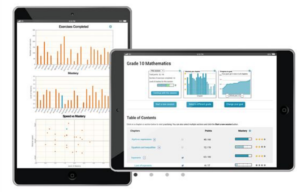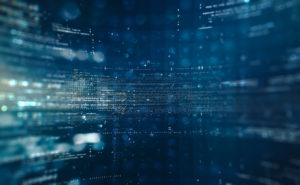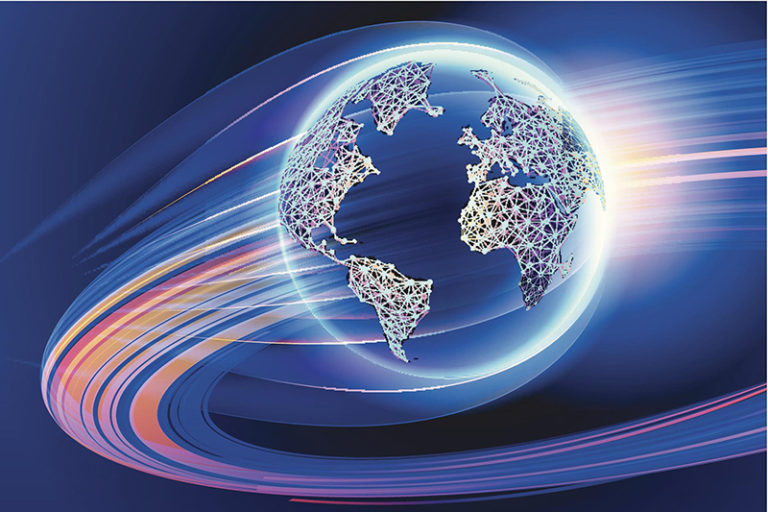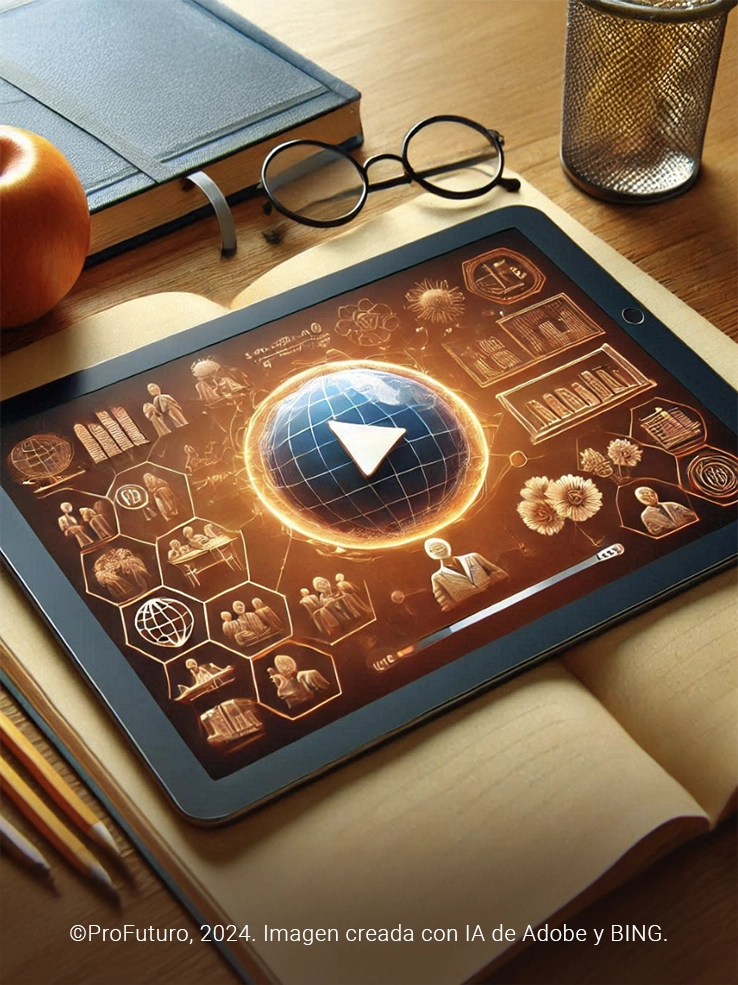The emergence of artificial intelligence in the education field has unleashed an intense and passionate two-sided debate. On one hand, we have those enthusiasts who see IA as a revolutionary tool capable of empowering education and customising learning more efficiently and effectively. On the other hand, we have the sceptics, who fear for the possible negative effects, which will exacerbate inequalities or lead to the massive loss of jobs. If that weren’t enough, it also raises ethical issues related to privacy and security.
This complexity makes it essential that the issue be addressed carefully, in an informed and balanced manner, considering both the benefits and concerns that the integration of AI in education brings.
This compilation aims to put on the table some of these questions which have been addressed by the Observatory in different articles. Naturally, given the history of artificial intelligence in education is in its early days, this analysis still has a great way to go. But let’s take a look of what has been done so far.
The Beijing Consensus: recommendations for capitalising on AI in education
Let’s start at the beginning. In 2019, the Beijing Consensus became the first document in history to offer recommendations on how to make the most of AI in education while minimising its risks. These recommendations were intended for governments and international organisations. We sum it up in this article.
The challenges of artificial intelligence in education
Practically simultaneously, as part of the 2019 Mobile Learning Week, ProFuturo and UNESCO presented Artificial Intelligence and Education: challenges and opportunities for development, a reference document with the key concepts and definitions and several case studies that exemplify how AI helps educational systems improve their equality and quality through data. It also highlights the main challenges, opportunities and political implications. You can read it here.
Artificial intelligence, education and equity: are we on the right track?
How has the use of artificial intelligence (AI) in education progressed? How can we make proper use of its benefits and minimise its risks? How should governments and the authorities address the generation of public policies in this regard? What’s the status of AI in education in the most vulnerable environments? In this post, two international experts talk to us about these questions.
Adaptive learning in five questions
 Although its origins date back to the 1950s, its widespread use is only recently occurring, thank precisely to the flourishing of data science and AI. And you? Do you know what adaptive learning is? In this article, we tell you about some of this instruction method’s keys which, if well implemented, can take personalised learning to another level.
Although its origins date back to the 1950s, its widespread use is only recently occurring, thank precisely to the flourishing of data science and AI. And you? Do you know what adaptive learning is? In this article, we tell you about some of this instruction method’s keys which, if well implemented, can take personalised learning to another level.
Human and artificial intelligence at the service of personalised learning
Combining the best of technology with the best of human experience. That is the idea behind the High-Tech High-Touch approach, a concept that applied to education allows personalised learning initiatives to be scaled up and made viable for students from vulnerable environments. If you want to know more, read this article.
“Children need to learn about artificial intelligence and algorithms”
Can this AI help to universalise quality education? What is the relationship between artificial intelligence and data analytics? What should algorithms look like? Why is it so important for people to understand how artificial intelligence works? If you want to find out, you will find some answers in this video-interview.
How to become a data-driven organisation: the case of ProFuturo

Although the education sector was not among the first to jump on the artificial intelligence and data science bandwagon, these days no one questions the importance, implications and applications that these technologies can have in transforming the sector towards a better and more equitable education. However, in order to avoid risks, it is important to know how to correctly introduce them in organisations from the outset. How do we turn ourselves into a data-driven organisation? Carlos Martínez Miguel, global director of IoT (internet of things) solutions and services, big data and artificial intelligence at Telefónica Tech, tells us how in this article.
Smart education systems: what they are and how they’re designed
As we are now seeing, the application of data science and artificial intelligence to education promises to bring us great joy in terms of transforming the sector towards better and more equitable education. Smart education systems are an initial step. In this post, we take a look at what they are and how they operate and explain what to bear in mind when we design them.
Differentiate yourself from machines: skills that matter
In a world in which artificial intelligences are becoming increasingly visible in all walks of life, it will be essential to nurture the competencies and skills that make us more human. In this article, we take a look at what they are and how to do so.
Ethical, inclusive and sustainable artificial intelligence
Artificial intelligence is no longer a science fiction novel but part of our everyday reality. Its possibilities for transforming our lives are almost endless. However, for this transformation to be “for the better”, it has to take place under certain conditions. In this post, Carlos Martínez Miguel talks to us about what these conditions are.
Girls in science: Unlocking the inequality conundrum
Albert Einstein, Charles Darwin, Alexander Fleming, Bill Gates, Steve Jobs, Mark Zuckerberg… Any women in the room? Where are women scientists and technologists hiding? If women are not involved in the creation and development of the technologies of the future, we will be creating unfair and biased technology and contributing to the perpetuation of bias and stereotypes. If you want to know if there is a future for them in the knowledge society, keep reading.
The future of Artificial Intelligence in education in Latin America
Although the newspaper archives are full of failed predictions, it’s true to say that, now more than ever before, the ability to predict the future is becoming an increasingly decisive factor in the improvement of education systems. The publication entitled The Future of Artificial Intelligence in Education in Latin America was written with the aim of generating new knowledge to help the region to plan educational actions and policies in the current scenario of technological disruption. We analyse its findings in this article. And in this video, the expert Axel Rivas, coordinator of the research, explains its main conclusions.
Artificial intelligence in education in Latin America under debate
The definitive tool to bridge the digital and educational divides or a new vain hope? The introduction of technological breakthroughs into education has never been easy. Will it be different this time with artificial intelligence? What have we learnt over the last 20 years? The study published by the OEI and ProFuturo serves as a starting point to generate debate concerning the future of artificial intelligence in education in Latin America. The debate is assured! Let’s begin.






